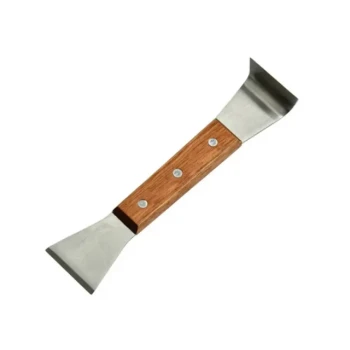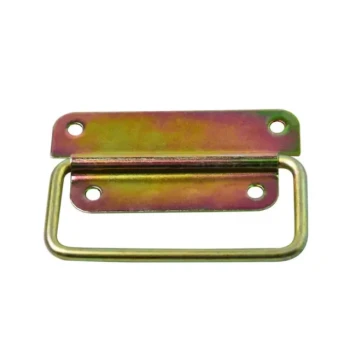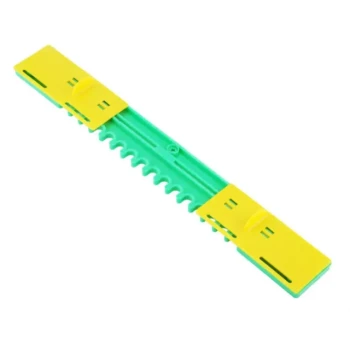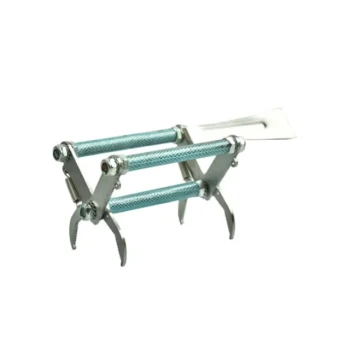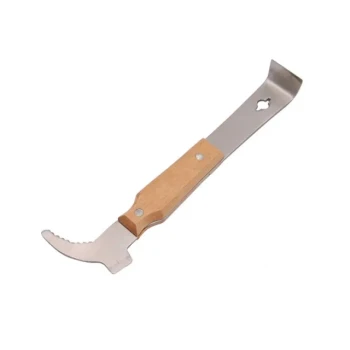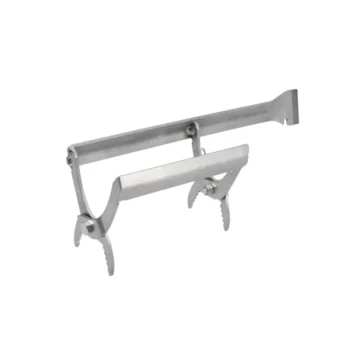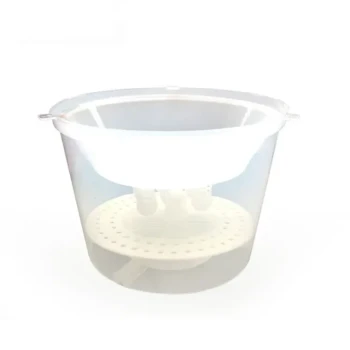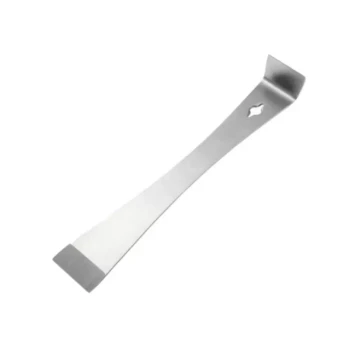Yes, in most cases, it is safe to have a beehive in your backyard. The key to safety is not the presence of bees, but the practice of responsible beekeeping. Honeybees are generally not aggressive and will ignore you unless they perceive a direct threat to their hive.
The safety of a backyard beehive is less about the bees themselves and more about the beekeeper's understanding of bee behavior, proper hive placement, and responsible management practices.
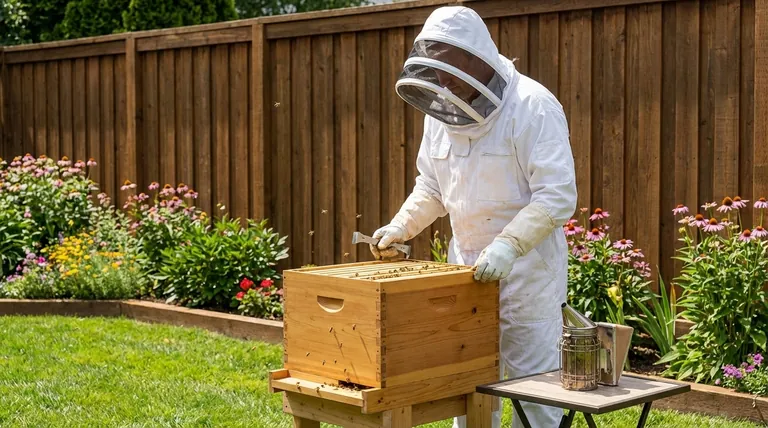
Understanding Honeybee Behavior
To maintain a safe environment, you must first understand why and when bees might become defensive. Their goal is survival, not aggression.
Defensive, Not Aggressive
Honeybees sting as a last-resort defense mechanism to protect their colony and queen. A bee that stings a mammal will die. For this reason, they are not interested in randomly attacking people, pets, or neighbors.
As long as you are not directly in front of the hive entrance or handling the frames without proper gear, the bees will typically go about their business and pay you little attention.
The "Bee Flight Path"
Bees establish a direct and efficient "flight path" in and out of their hive entrance, almost like a tiny airport runway. This path usually extends straight out for 10-15 feet before they ascend to foraging height.
The most important safety rule is to avoid obstructing this path. Placing the hive so this pathway does not cross a walkway, patio, or play area is critical.
Triggers for Defensiveness
Certain conditions can make a hive more defensive. These include poor weather, a lack of nectar, disruption by pests like skunks, or internal colony problems like the loss of a queen. A responsible beekeeper learns to recognize and manage these situations.
Key Principles for a Safe Backyard Hive
Proactive planning is the most effective way to ensure your beehive is a safe and positive addition to your property.
Strategic Hive Placement
Placement is the single most important factor for backyard bee safety. The hive should be located away from high-traffic areas.
A simple 6-foot fence, hedge, or similar barrier placed in front of the hive will force the bees' flight path up and over people's heads, effectively eliminating most accidental contact.
Choosing a Gentle Bee Breed
Genetics play a significant role in a colony's temperament. Italian honeybees are widely known for their docile nature and are an excellent choice for beginner and backyard beekeepers. Consult with local bee suppliers about the gentlest stock available.
Provide a Dedicated Water Source
Bees need water. If you don't provide a reliable source (like a birdbath with rocks for them to land on), they may seek it from your neighbor's swimming pool, pet dish, or air conditioner drip line. Providing water nearby keeps them in your yard.
Understanding the Trade-offs and Real Risks
While generally safe, beekeeping is not a zero-risk activity. An objective understanding of the potential downsides is essential.
Stings Will Happen
If you become a beekeeper, you will eventually get stung. This typically occurs during hive inspections or when a bee gets accidentally trapped in clothing. For most people, a sting is a painful but temporary inconvenience.
The Serious Risk of Allergies
The most significant risk is a severe allergic reaction (anaphylaxis). Before getting bees, confirm that no one in your immediate family or on neighboring properties has a known, life-threatening allergy to bee stings. This is a non-negotiable safety consideration.
Communication with Neighbors
Your responsibility extends to your neighbors. Inform them of your plans before you get bees. Explaining the gentle nature of honeybees and your safety precautions (especially hive placement) can prevent fear and conflict. A jar of honey later on doesn't hurt, either.
Local Laws and Regulations
Many cities and municipalities have specific ordinances regarding beekeeping. These may dictate how many hives you can have, where they can be placed on your property, and whether you need to register them. Always check your local laws first.
Making the Right Choice for Your Situation
Your decision should be based on a clear-eyed assessment of your specific environment and household.
- If your primary focus is family safety: Place the hive in a low-traffic corner of your yard with a barrier to direct the flight path upwards.
- If you have close neighbors: Prioritize communication and ensure the hive is positioned as far from their property and outdoor living spaces as possible.
- If there is any question of a severe allergy: Do not get a beehive. The risk is simply too high.
- If you live in a dense urban area: Check your city ordinances first and be extra diligent about providing a water source to keep the bees on your property.
Ultimately, a well-managed hive is a safe and fascinating addition to a backyard.
Summary Table:
| Key Factor | Why It Matters for Safety |
|---|---|
| Hive Placement | Directs bee flight paths away from people and pets. |
| Gentle Bee Breed | Docile bees like Italians are less likely to sting. |
| Water Source | Keeps bees from seeking water in neighboring yards. |
| Beekeeper Knowledge | Understanding bee behavior prevents defensive reactions. |
| Neighbor Communication | Prevents conflict and manages expectations. |
Ready to Start Your Beekeeping Journey Safely?
HONESTBEE supplies beekeeping supplies and equipment to commercial apiaries and beekeeping equipment distributors through wholesale-focused operations. Whether you're a commercial beekeeper or a distributor, we provide the reliable equipment and expert support you need for safe, successful beekeeping.
Let us help you equip your operation with confidence. Contact our team today to discuss your needs!
Visual Guide
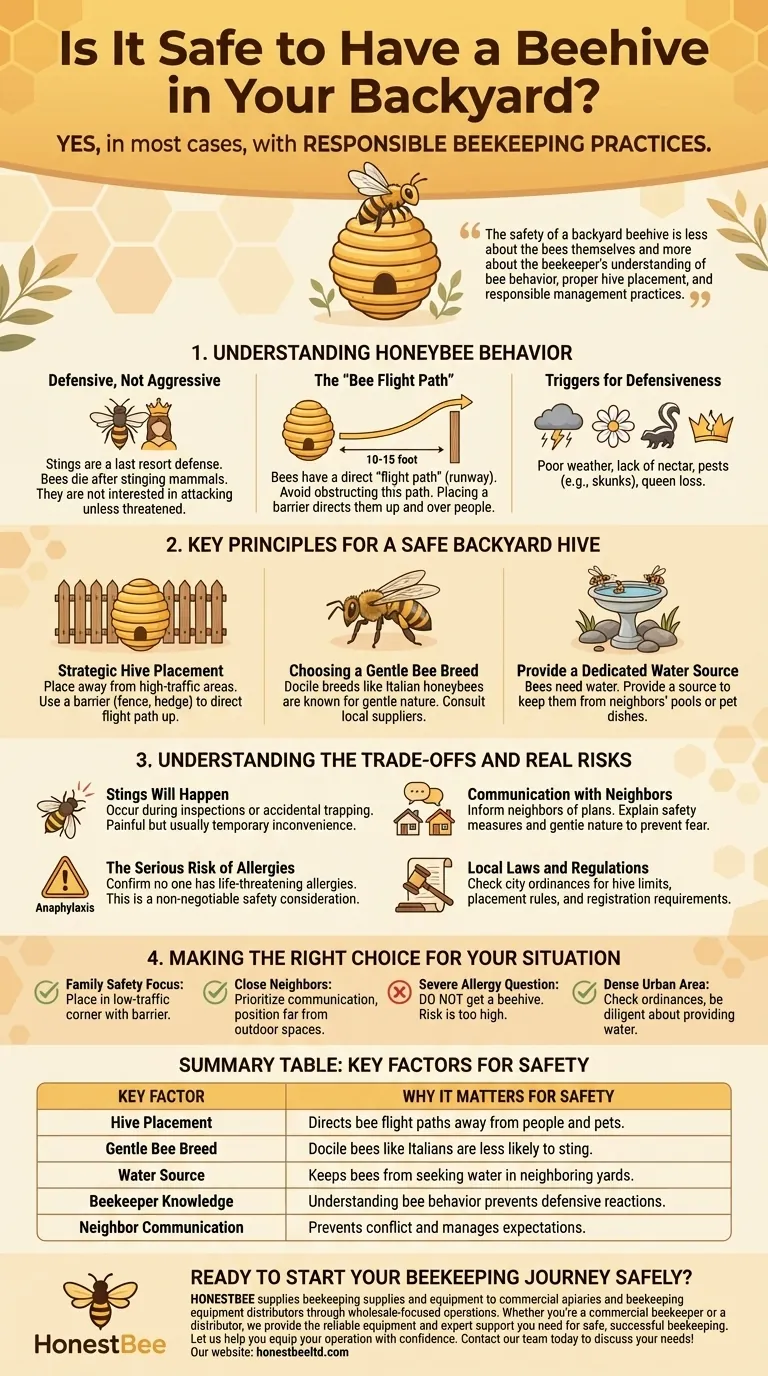
Related Products
- HONESTBEE Advanced Ergonomic Stainless Steel Hive Tool for Beekeeping
- Wholesales Dadant Size Wooden Bee Hives for Beekeeping
- Langstroth Bee Hives Bee Keeping Box for Beginners Beekeeping
- Professional Dual-End Stainless Steel Hive Tool for Beekeeping
- HONESTBEE Professional Long Handled Hive Tool with Precision Cutting Blade
People Also Ask
- How should beekeepers handle bees when using a hive tool? Master Calm, Deliberate Techniques
- What is the significance of professional hive-making tools? Scale Your Stingless Bee Farm with Precision Equipment
- Which technical challenges in hive maintenance are addressed by using a professional stainless steel hive tool?
- Why is it important to compare the progress of different hives? A Beekeeper's Key Diagnostic Tool
- What is the hole in a hive tool for? A Multi-Tool for Apiary Repairs and Maintenance



